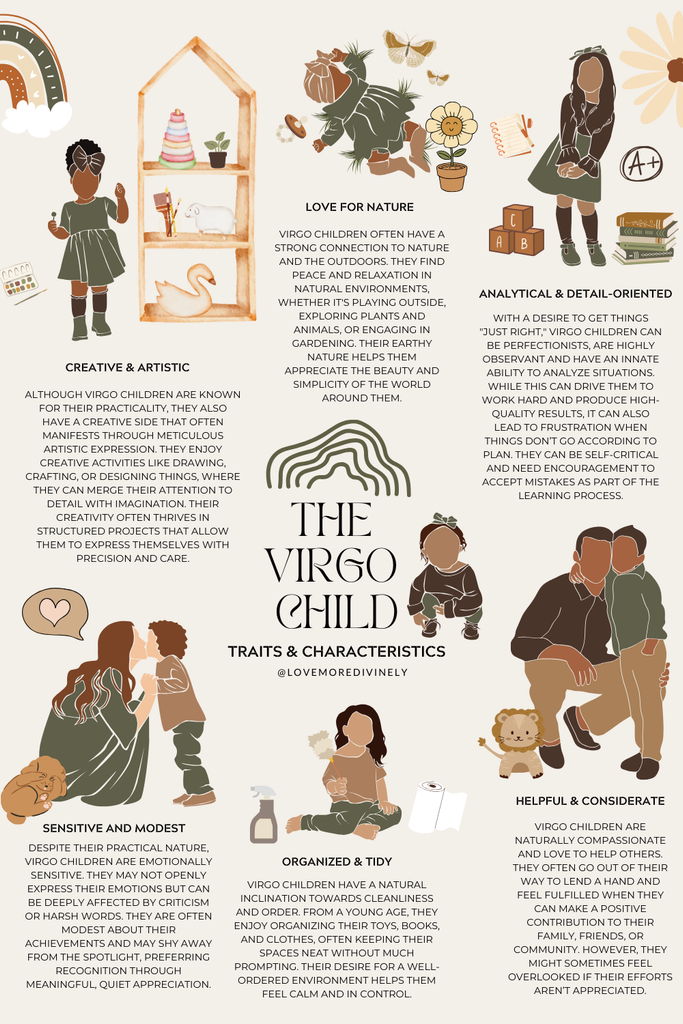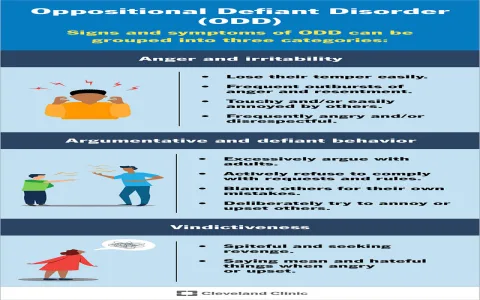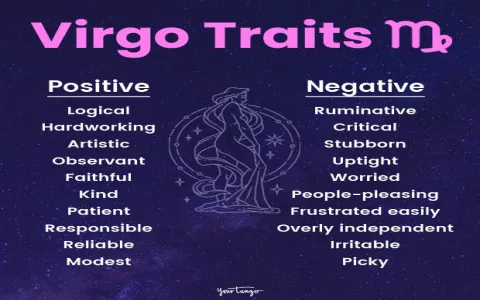Here’s What Actually Happened
So, I’ve got this nephew, right? Kid’s a textbook Virgo. For months, honestly, I found myself constantly baffled and honestly a bit frustrated trying to figure him out. “Why the heck is he being like this?” was pretty much my daily mantra. Like, just yesterday, he had a total meltdown because his sandwich was cut diagonally instead of horizontally. Seemed so petty! But I knew there had to be more to it, so I decided to really dig in and understand.
My first step was pure observation. I literally just sat back and watched him play, interact, even eat snacks. Here’s some stuff I jotted down over a week:
- Everything had its place. His Legos? Sorted by color AND size, in specific boxes. Move one? He notices.
- “Messy” play stressed him out. Finger paints? Major resistance. Sandbox? He’d carefully smooth the sand after every scoop.
- Question machine. Like, non-stop. “Why do birds fly that way?” “How exactly does the car engine work?” Need precision.
- Sudden shutdowns. If plans changed unexpectedly? Boom. Silent treatment or tears. Not bratty, just… overwhelmed.
Okay, cool, patterns emerged. Now the hard part: trying my old techniques. Spoiler: They flopped. Telling him “just relax!” about a messy craft project? Made him worse. Rushing him when he was organizing his shoes? Instant tears. I realized my usual “easy-going, roll with it” approach was actually causing him distress. Oof.
Time to flip the script. Instead of pushing my comfort zone on him, I tried stepping into his. Here’s what I actually did:

- Built predictable structure. Not rigid, but clear. “First we do math, then you have 15 minutes for Lego sorting before park time.” He visibly relaxed knowing what came next.
- Made space for his quirks. Dedicated a shelf JUST for his meticulous sorting projects. No judgment, no “clean that up.” His space, his rules.
- Gave notice for changes. Instead of “Surprise! No park today,” it became “Hey buddy, I know park was planned, but it’s pouring. So we do park tomorrow? How about designing a perfect Lego tower inside instead?” Big difference.
- Respected the ‘Why’. Instead of brushing off his questions as annoying, I tried answering seriously (or admitting I didn’t know and looking it up together). That ‘need to understand’ mattered.
- Talked feelings AFTER calm. Mid-meltdown? Forget reasoning. Wait. Later, calmly: “Earlier when your sandwich was cut wrong, that felt really upsetting, huh? Want to talk about why it felt so important?” This is where insights happened.
Man, the shift wasn’t overnight. But slowly, oh so slowly, things got smoother. Seeing him navigate a slight schedule change without crumbling last week? Huge win. Watching him confidently explain his organizational system for his rock collection? Priceless. He wasn’t trying to be difficult; that Virgo brain just processed the world differently – craving order, clarity, and purpose in every little action.
The biggest thing I learned? It’s not about “fixing” the Virgo child to be more chill. It’s about recognizing that their sometimes frustrating actions – the organizing, the questioning, the need for routine – are actually expressions of how they make sense of the chaos. My job wasn’t to judge the behavior, but to understand the need behind it. Game changer. Seriously.






